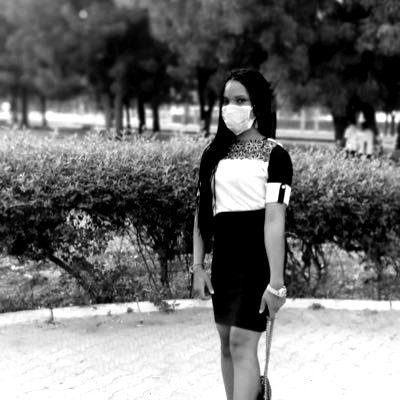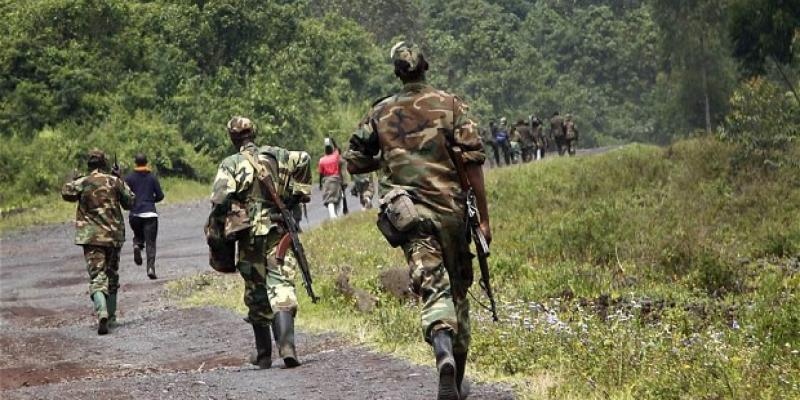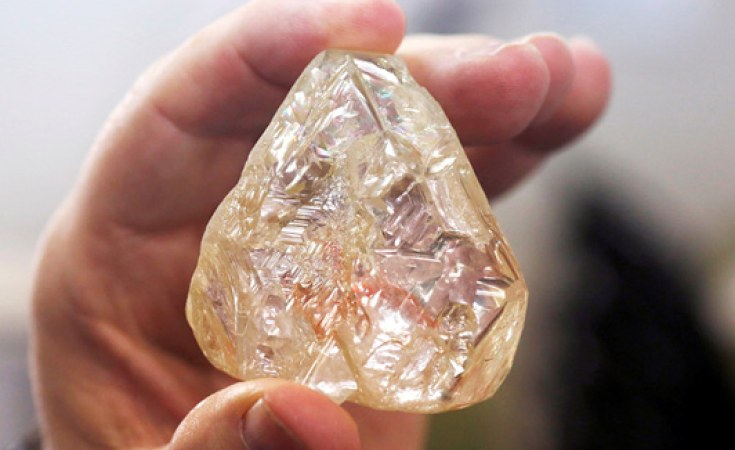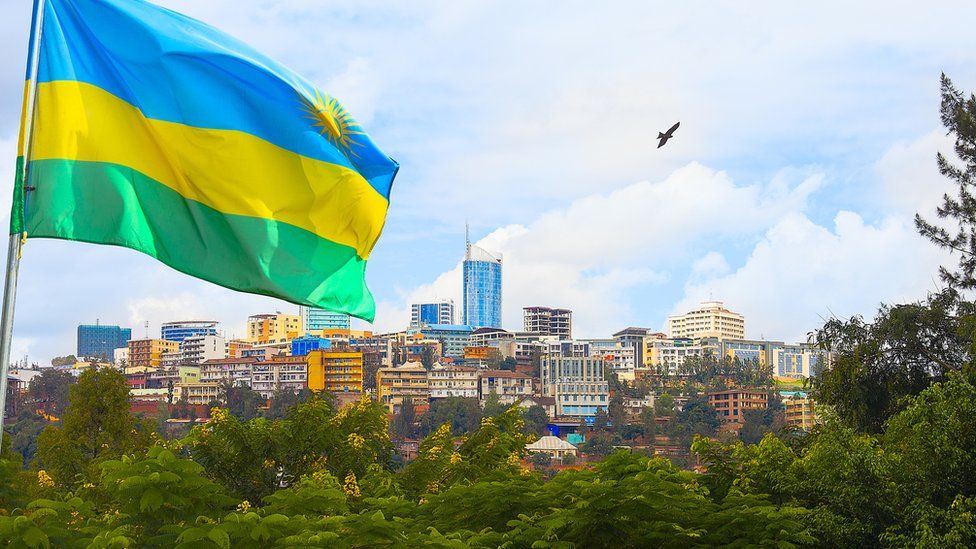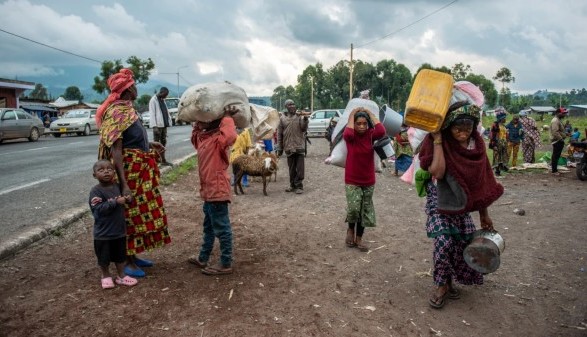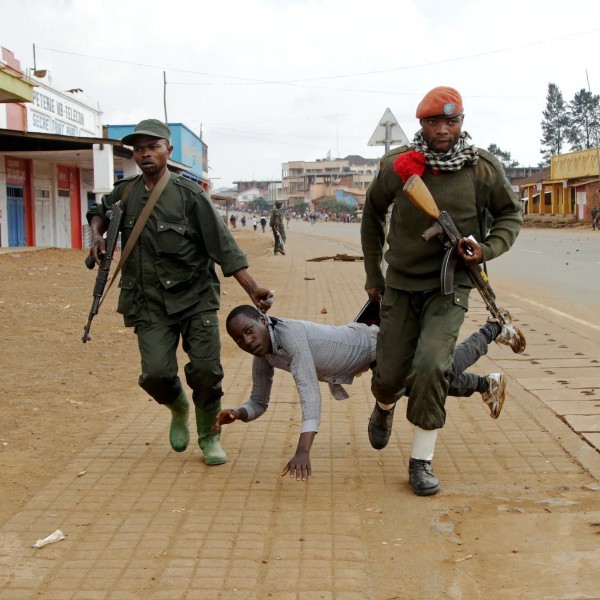Regional
DRC: Does Kinshasa also blame Kigali for Maï-Ndombe violence?
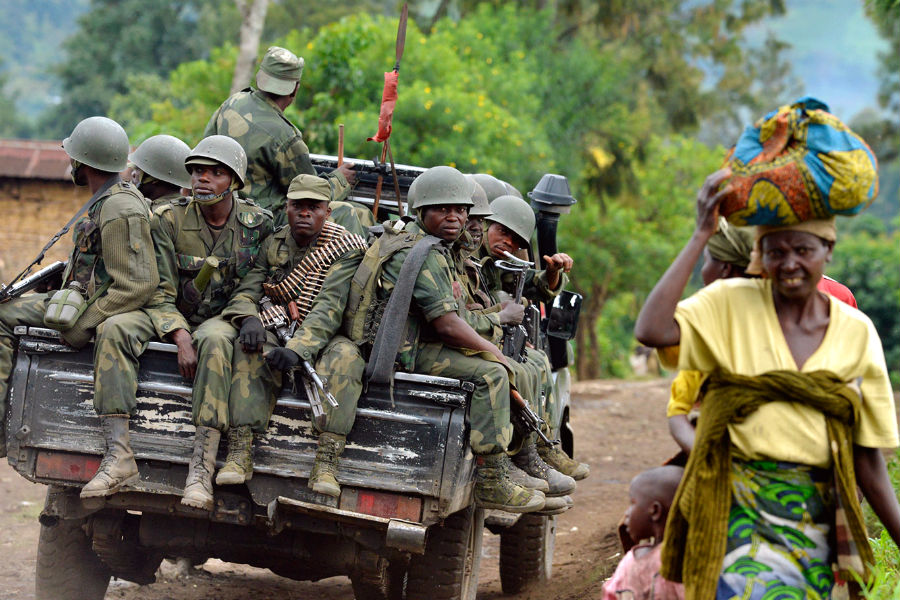
A long history of conflict, political upheaval and
instability, and authoritarian rule has led to a grave, ongoing humanitarian
crisis in the Democratic Republic of Congo. Currently, the DRC’s strategy to
solve a three decade old crisis is to blame its neighbor, Rwanda, for everything
going wrong internally.
By and large, Kinshasa is in denial.
Kinshasa’s grievances against Kigali manifest in
different forms; blaming Rwanda for backing the M23 rebels, accusing the latter
for invading their country, and stealing Congolese minerals. The list is long.
However, beyond these finger pointing games, the ongoing crisis in the troubled
country is only fueled by bad leadership.
Since mid-September, clashes between two communities in
Kwamouth, a small community in Maï-Ndombe Province north-east of Kinshasa, have
left many people killed. An upsurge of inter-communal violence in Kwamouth has
seen people chased and killed, houses and villages burnt to the ground,
roadblocks set up to intercept perceived enemies. Thousands of people have fled
their homes to the forest or crossed the Kwa river to find shelter in
improvised sites in the Bolobo territory. The clashes seem to intensify despite
attempts by authorities to deny it.
In Maï-Ndombe Province, inter-communal violence is not
new and has caused the deaths of hundreds of people in just a few days. There
is a very worrying pattern of attacks and revenge attacks which brings up a new
flare-up of violence every time.
This begs the question: how can Rwanda be involved in DRC’s
domestic matters – more than 2,000 kilometers away?
Advancing claims that Rwanda is supporting the M23 rebels
to destabilized DRC does not hold. The rebels occupy territories in North Kivu
Province. The territories occupied by the rebels are calm and free of violence.
While Kinshasa is busy accusing Kigali and focused on the
M23 rebels, more than 521,000 Congolese refugees and more than 5.5 million
internally displaced people from the country, are crying out for help, far away
in the west. Many walked for days before reaching safety in Bandundu, the
capital of Kwilu Province, 245 kilometers from Kwamouth town.
Why is Kinshasa not investing as much efforts in
denouncing these crimes as it does with the M23 rebellion, and Rwanda?
Another element that strikes the wrong chord is the
denial of a looming Genocide, against Congolese Tutsi happening in their
country.
Addressing the United Nations Security Council on
December 9, DRC’s Deputy Prime Minister and Minister of Foreign Affairs,
Christophe Lutundula, alleged that ethnic cleansing and genocide are among the
theories put forward by Rwanda to justify their aggression on his country.
This again shows how much the DRC government is in
denial, and not ready to address its own problems, but is busy blame shifting.
However, what the head of Congolese diplomacy failed to
address is that; since the 1990s ethnic tensions in southeastern DRC existed
between the people of Katanga and Kasai, for years.
On November 30, the United Nations Special Adviser on the
Prevention of Genocide, Alice Wairimu Nderitu, released a statement saying that
the current violence is a warning sign of an eruption of a genocide, adding
that the UN is deeply concerned about ongoing inter communal violence in
Western DRC between the Suku, Mbala, Yansi, Songe, Luba, Kongo, Yaka and Teke
ethnic communities. People have been injured and killed, numerous homes looted
and burned.
Genocide ideology was exported to DRC by the FDLR who are
responsible for the 1994 Genocide against the Tutsi in Rwanda. But it is only
prominent because ethnic tensions and hate speech have all along been an
unpunished popular trend in DRC.
It is high time Kinshasa puts in place laws that prevent
and punish genocide, war crimes and crimes against humanity. That will
eliminate discrimination and combat impunity in all its forms.


